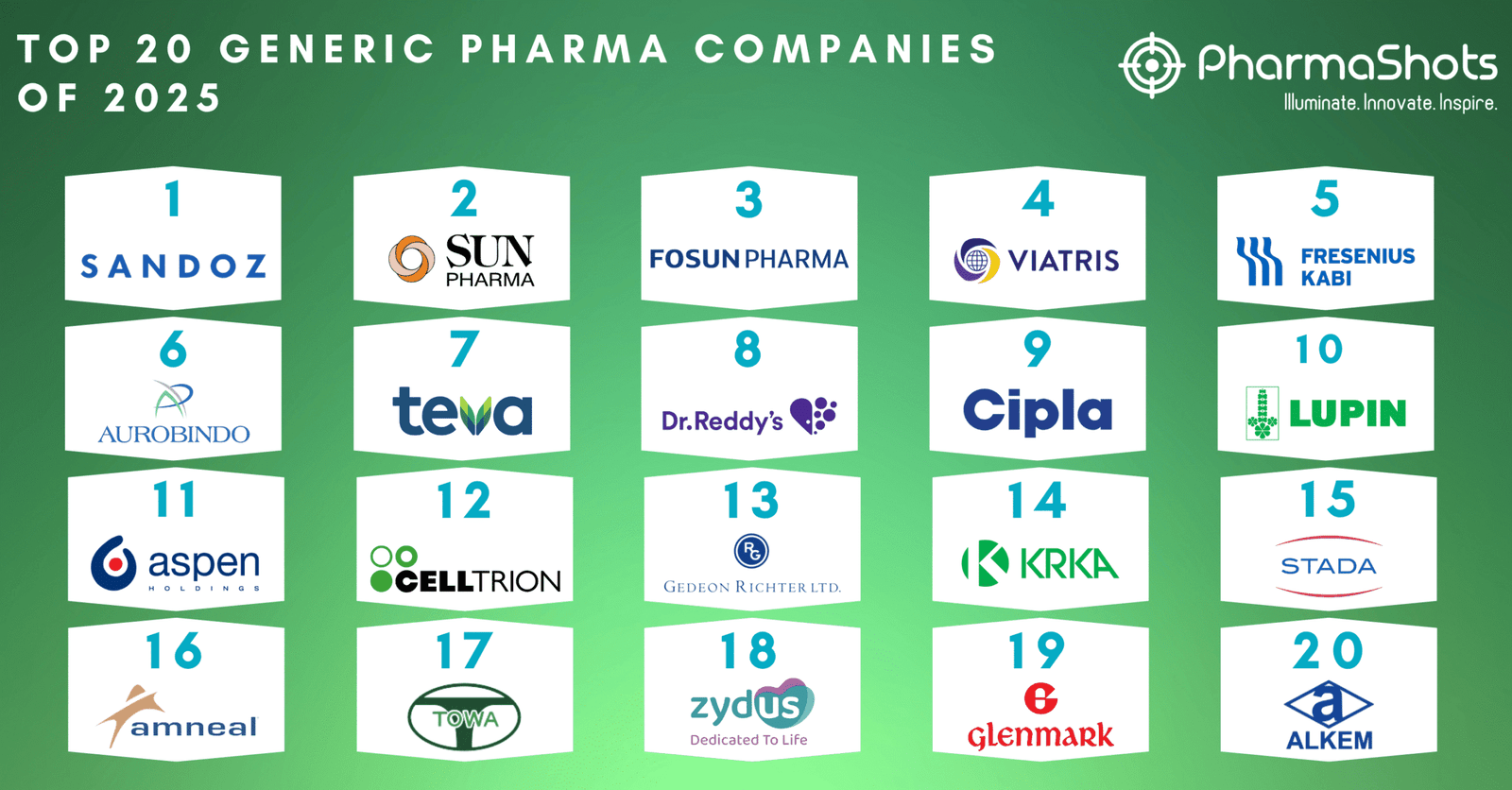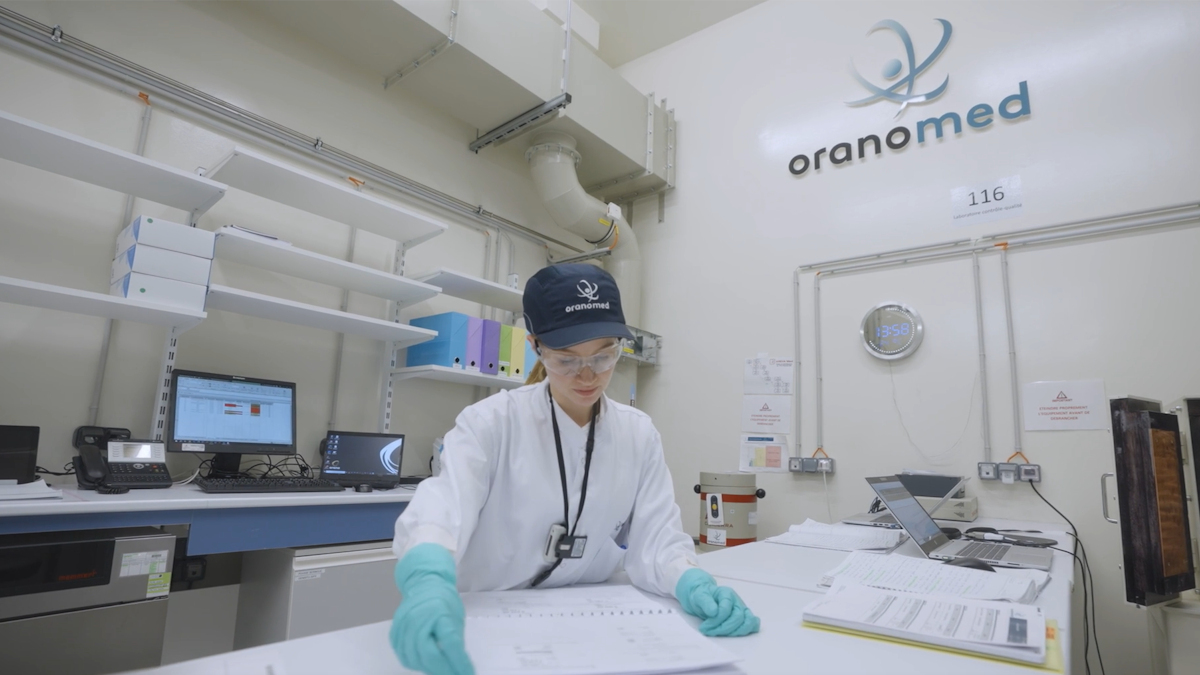
Bristol Myers Squibb has said it hopes to be ready soon to file for approval of its multiple myeloma drug iberdomide after reporting positive results in a phase 3 trial.
Full data from the EXCALIBER-RRMM study in relapse/refractory multiple myeloma is not ready to be disclosed, but BMS said the trial showed that the cereblon E3 ligase modulator or ‘celmod’ – given in combination with other therapies – achieved a statistically significant improvement in minimal residual disease (MRD) negativity compared to the control arm.
It is one of the three celmods in BMS’ late-stage pipeline – alongside golcadomide and mezigdomide – that the company hopes will prop up its multiple myeloma business when it loses market exclusivity for current blockbusters like Revlimid (lenalidomide) and Pomalyst (pomalidomide).
Revlimid made $5.8 billion in sales last year, but has already started to decline following the agreed entry of a generic from Dr Reddy’s, while Pomalyst made another $3.5 billion. Both drugs, acquired when BMS bought Celgene for $74 billion in 2019, are set to lose patent protection in the US next year.
Iberdomide, which is being positioned as a successor to Revlimid, will continue in EXCALIBER-RRMM as the study progresses to additional clinical endpoints, including progression-free survival (PFS), overall survival (OS), and safety, said the company.
The study is comparing iberdomide plus Johnson & Johnson’s Darzalex (daratumumab) and dexamethasone (IberDd) versus Darzalex, J&J’s Velcade (bortezomib), and dexamethasone (DVd), and is due to complete next year.
Golcadomide, meanwhile, is being developed by BMS for various forms of lymphoma, while mezigdomide is viewed as a successor to Pomalyst, with studies on the go as a second-line therapy for multiple myeloma. All three celmods were acquired as part of the Celgene takeover.
Anne Kerber, BMS’s head of development for haematology, oncology, and cell therapy, said the iberdomide result “builds on our significant experience in both targeted protein degradation and developing new treatment options for patients living with multiple myeloma.”
The company said it planned to discuss the result with regulators, but did not give a possible timeline for marketing applications.
One potential rival to BMS in the category is C4 Therapeutics, whose cemsidomide is in phase 1/2 development, while other candidates are in early-stage development at Nurix (zelebrudomide), and Gluetacs (GT919 and GT929).









